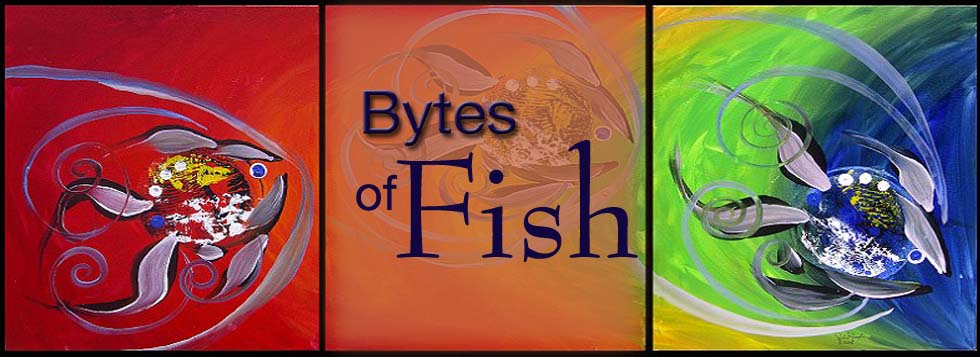Module 3 - Multiple Intelligence Test
>> Wednesday, September 30, 2009
"Music is the electrical soil in which the spirit lives, thinks and invents." --Ludwig van Beethoven
My highest score was MUSIC! Supercalifragilisticexpialidocious!
No surprise there...could have guessed after I posted this.
A skilled composer can have great impact on the learning pathways of the brain, as well as emotions and mood. Many studies confirm the positive effect of music on cognitive domains such as language, spatial-rotation temporal tasks and mathematics (Trainor, Shahin, & Roberts, 2009). This is sometimes referred to as the "Mozart Effect." Additionally music promotes concentration and focus when large amounts of information must be processed and assimilated. This happens through the stabilization of mental, physical and emotional alpha brain wave rhythms. For example, music played at 50-80 beats per minute creates an atmosphere highly conducive to learning, memorizing, and reading (Brewer, 2005).
It is true in my case. Music is not only my passion but it helps me learn. If information is combined with rhythm, rhyme and melody, I will remember it for life. (For example, I learned the names of all the American states in 5th grade and still know the song and the states.) I also think those with music intelligence learn through animation and drama. I like watching bands, people, instructors, performers who are animated in their speech and use a variety of movement, voice inflection and a sing-song tone in their voice. Give me monotone, give me death.
The next highest intelligences that tied for second place were: Linguistic and Spatial / Visual. This also came as no surprise. I am a lover of words: writing and reading. I thrive in an environment where the interpretation and explanation of ideas is explored through language. I have always felt that a carefully constructed discourse that is precise, vigorous, smooth and dense is our strongest ally and our most formidable weapon. Written or oral communication delivered with stylistic and substantive finesse has the power to change a singular human being as well as a nation.
Additionally, I learn better when I can see pictures or diagrams. For example, I may read about the location of a body part but can't conceptualize it until I see a picture. I pay much more attention to the powerpoints of instructors when they include pictures, even if the pictures are not instructive but more entertaining in nature.
Augment personal learning?
After taking the Gardner Intelligence Test and reviewing my dominant learning intelligences, I can focus on skills that will enhance, enrich and aid my own learning. According to Kolb's Model of Experiential Learning, I am an accommodative learner (Richardson, nd) and learn best with concrete experiences and active experimentation. So, one learning tool I can use is to play classical music in the background when doing high stakes studying or trying to grasp a new challenging concept.
The use of background music is a cornerstone of accelerated learning techniques. There are two specific ways developed by Dr. Georgi Lozanov to use background music. These are called Concerts. The active concert actually sets learning in motion while the passive concert relaxes the brain enhancing increased absorption of material. Both increase memory retention. Whichever concert you "attend" depends on the background music selection. I can also write little silly songs to help memorize lists or other wrote information.
It would be a wise teacher indeed who tries to cater to as many learning styles as possible in the delivery of content, using andragogical rather than pedagogical techniques. Not only that, but take into consideration the era of birth. For example, I am a GenX'er and have learned with, and am comfortable with, technology (Richardson, nd).
Since I love music and since this is a blog afterall, I thought it appropriate to share a happy song from my high school days. It makes me think about dance as a metaphor for many things in life!
References
Brewer, C. (2005). Music and learning. Retrieved on 29 September 2009 from http://www.newhorizons.org/strategies/arts/brewer.htm
Richardson, V. (nd). Diverse learning needs of students. Teaching in Nursing: A Guide for Faculty. Elseveir Saunders (2nd Ed).
Trainor, L. J., Shahin, A. J., & Roberts, L. E.. (2009). Understanding the benefits of musical training: effects on oscillatory brain activity. Annals of the New York Academy of Sciences, 1169, 133-142.



1 comments:
OK, I'm loving your blog! Excellent insights, and excellent blog posting. I hope you make this an ongoing thing after this class.
Post a Comment